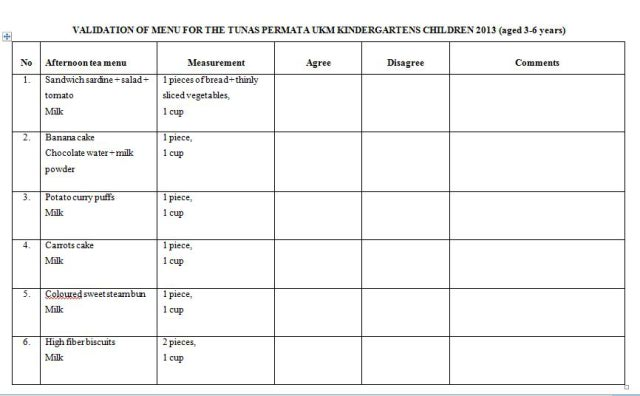What Is Kohlrabi? Nutrition, Benefits, and Uses
It has a round or oval-shaped swollen stem, which is the edible part of the plant. The stem can be white, green, or purple in color, with white flesh on the inside. Kohlrabi is believed to have originated in Germany and is widely grown in Europe, Asia, and North America.
Nutrition:
Kohlrabi is a nutritious vegetable packed with vitamins, minerals, and fiber. Here are some of the essential nutrients found in kohlrabi:
- Vitamin C: Kohlrabi is an excellent source of vitamin C, providing around 55% of the recommended daily intake in one cup (135 grams).
- Potassium: It is a good source of potassium, an important mineral for maintaining fluid balance and regulating blood pressure.
- Vitamin B6: Kohlrabi contains vitamin B6, which plays a crucial role in various bodily functions, including energy metabolism and the production of red blood cells.
- Manganese: It is a good source of manganese, a trace mineral involved in bone formation, blood clotting, and metabolism.
- Fiber: Kohlrabi is a good source of dietary fiber, which is essential for gut health and helps regulate digestion.
Benefits:
In addition to its nutritional value, kohlrabi offers several potential health benefits:
- Low-Calorie and Nutrient-Dense: Kohlrabi is low in calories and high in nutrients, making it an excellent choice for weight management and maintaining a healthy diet.
- Supports Heart Health: The high potassium content in kohlrabi helps regulate blood pressure, reducing the risk of heart disease and stroke.
- Boosts Immune System: The abundance of vitamin C in kohlrabi supports the immune system and helps fight off infections.
- Improves Digestion: Dietary fiber in kohlrabi aids digestion, promotes gut health, and prevents constipation.
- Rich in Antioxidants: Kohlrabi contains antioxidants that help protect cells from damage, reducing the risk of chronic diseases like cancer and heart disease.
Uses:
Kohlrabi can be consumed raw or cooked. Here are a few ways to incorporate kohlrabi into your diet:
- Salads: Add thinly sliced kohlrabi to salads for a crunchy and nutritious addition.
- Stir-fries: Stir-fry kohlrabi with other vegetables and protein sources for a quick and healthy meal.
- Soups: Kohlrabi can be added to soups and stews for extra flavor and texture.
- Roasted: Roast kohlrabi with other root vegetables for a delicious side dish.
- Pickles: Kohlrabi can be pickled and enjoyed as a tangy condiment.
Kohlrabi is a versatile vegetable that can be easily incorporated into various dishes, making it a nutritious and delicious addition to a healthy diet.
-
want to lose weight,but dont want to workout?
QuestionIs Muscle Milk/creatine,good as a dietary supplement and
-
Weight/Diet
QuestionI have been a police officer in Indianapolis for almost 8
-
Is this the most nutritious diet possible?
QuestionHi: I抦 currently thinking of a hypothetical diet product
-
Cannot Gain Weight
QuestionHello. Ive asked this question to one other person on thi
-
Weight loss dilemma
QuestionHello! I am beyond frustrated with the excess fat in my
-
What should I do?
QuestionHi Laura, Im 16, 53 and I was 157 pounds but I lost about



